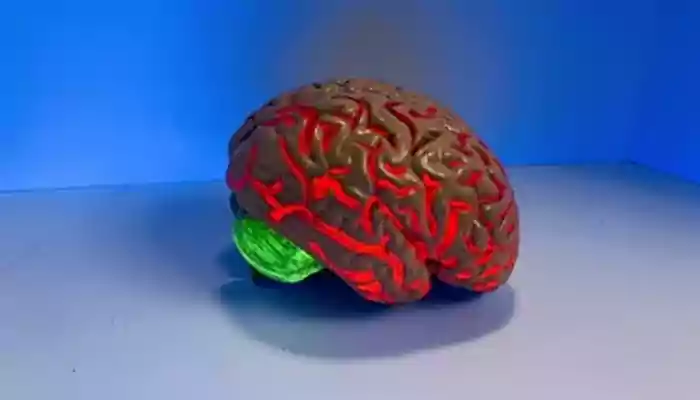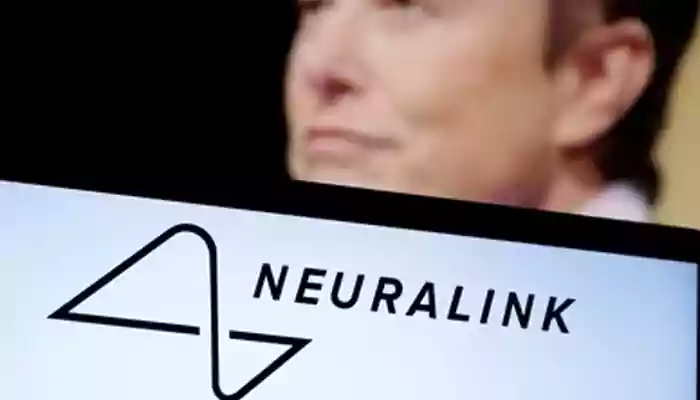Neauralink's Future Potential Unleashed: How Brain Chip Can Redefine Human-computer Interaction
- Admin
- 1 year ago
- 3 minutes read

Billionaire Elon Musk’s neuroscience startup Neuralink has recently shared an update about the progress of first human patient receiving brain chip.
Founded in 2016, Neuralink has a mission “To create a generalised brain interface to restore autonomy to those with unmet medical needs and unlock human potential.”
After lot of research and challenges, the first brain chip transplantation was performed in Jan, 2024. Now Neuralink on microblogging platform X, shared the video of the patient, 29-year-old Noland Arbaugh, a quadriplegic patient (paralysed below shoulders), where he was playing chess on computer through thinking only. Elon Musk, also, shared the video with a caption: “Livestream of @Neuralink demonstrating “Telepathy” – controlling a computer and playing video games just by thinking.”
With such promising results, let's find out the future potential of this device. Can it really bring a revolution? Let's understand!

Future Potentials of Neuralink:
Let's begin with the novel aim, with which it started. As per Neuralink website, “The initial goal is to help those immobilized by paralysis regain lost skills of communication.”
Simply, the company intends to restore motor, sensory as well as visual functions along with treating neurological disorders.
Restore mobility of paralyzed patients:
Be it since birth or due to injury, paralysis is a pathetic condition to face for anyone. Due to complex interactions between nerves, it sometimes become an irreversible condition. However, through Neuralink, by establishing Brain-computer interfaces (BCI), paralyzed patients can regain little bit of mobility or independence.
“Treating or curing paralysis, neurological disorders and injuries could make the world a substantially nicer place, where very few people have untreatable forms of depression or anxiety,” said Norman, the scientist who developed advanced brain-computer interfaces.

Improving communication:
Neuralink’s aim is to help people, unable to speak or write. This can be achieved by allowing patients to control a virtual mouse or keyboard to send the message by thought. For example, any patient suffering from paraplegia would be able to send his/her thoughts via computer or mobile device.
Treating complex neurological diseases:
Nearly, 3 billion people suffer from neurological diseases globally, as per World Health Organisation (WHO) data. After a certain age or based on severity, it becomes impossible to treat the patients with neurological diseases. For them, Neuralink can be a game changer. The brain chip can also detect any neurological conditions at very early stage.
Enhance cognitive abilities:
Recently, Elon Musk mentioned: “the Link is a sort of Fitbit in your skull with all the sensors you’d expect to see in a smartwatch.”
Scientists believe that Neuralink technology can help people improving their memory, focus, and attention.
AI integration:
Well, this is a deadly combination if it becomes possible to create a synergy between artificial intelligence and emotional intelligence. This could enable humans to keep pace with evolving technologies, endorsing a collaborative relationship between human mind and AI systems.

The potential of Neuralink in reshaping the human experience is both amazing and daunting. Undoubtedly, the benefits could lead to extraordinary medical breakthroughs like enhanced cognitive abilities, communication methods. On the other hand, the ethical and societal risks can never be avoided. With the advancement of technology, people and society must be engaged in discussions about brain implants, focus on setting ethical guidelines.
It is predicted that, brain implants will become more familiar with advanced applications in upcoming decade.












